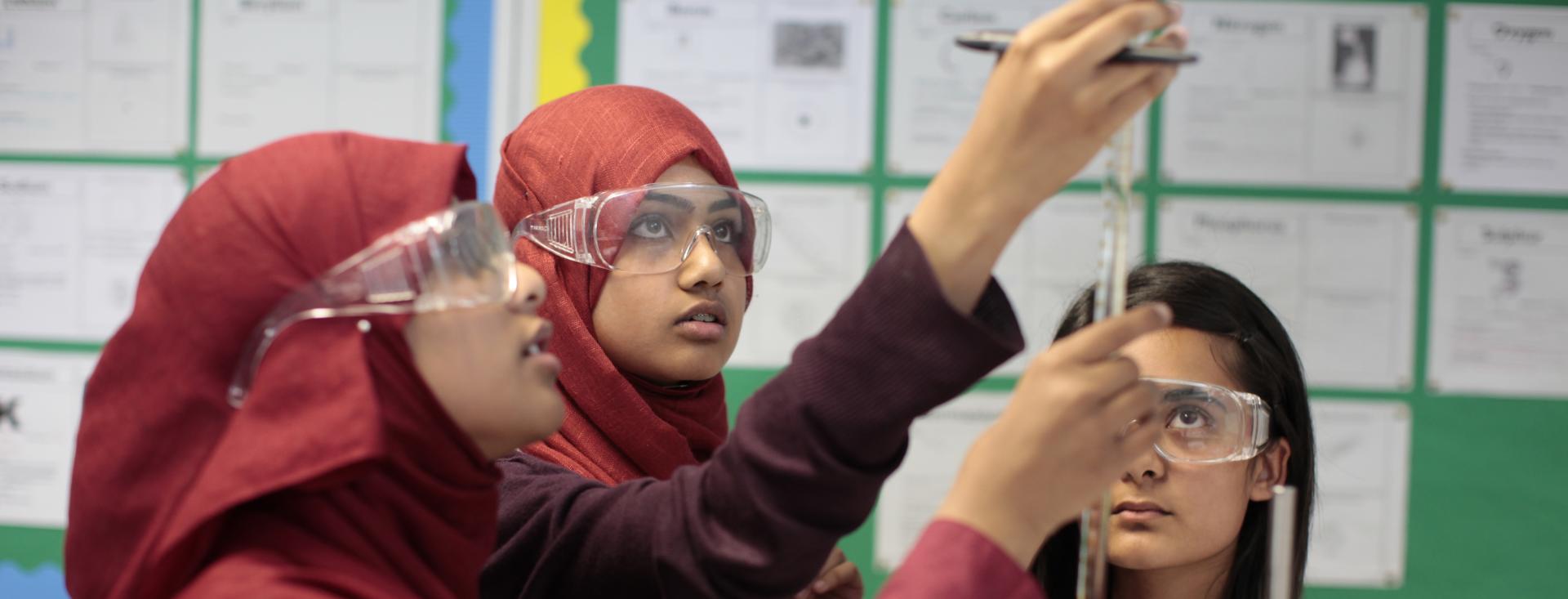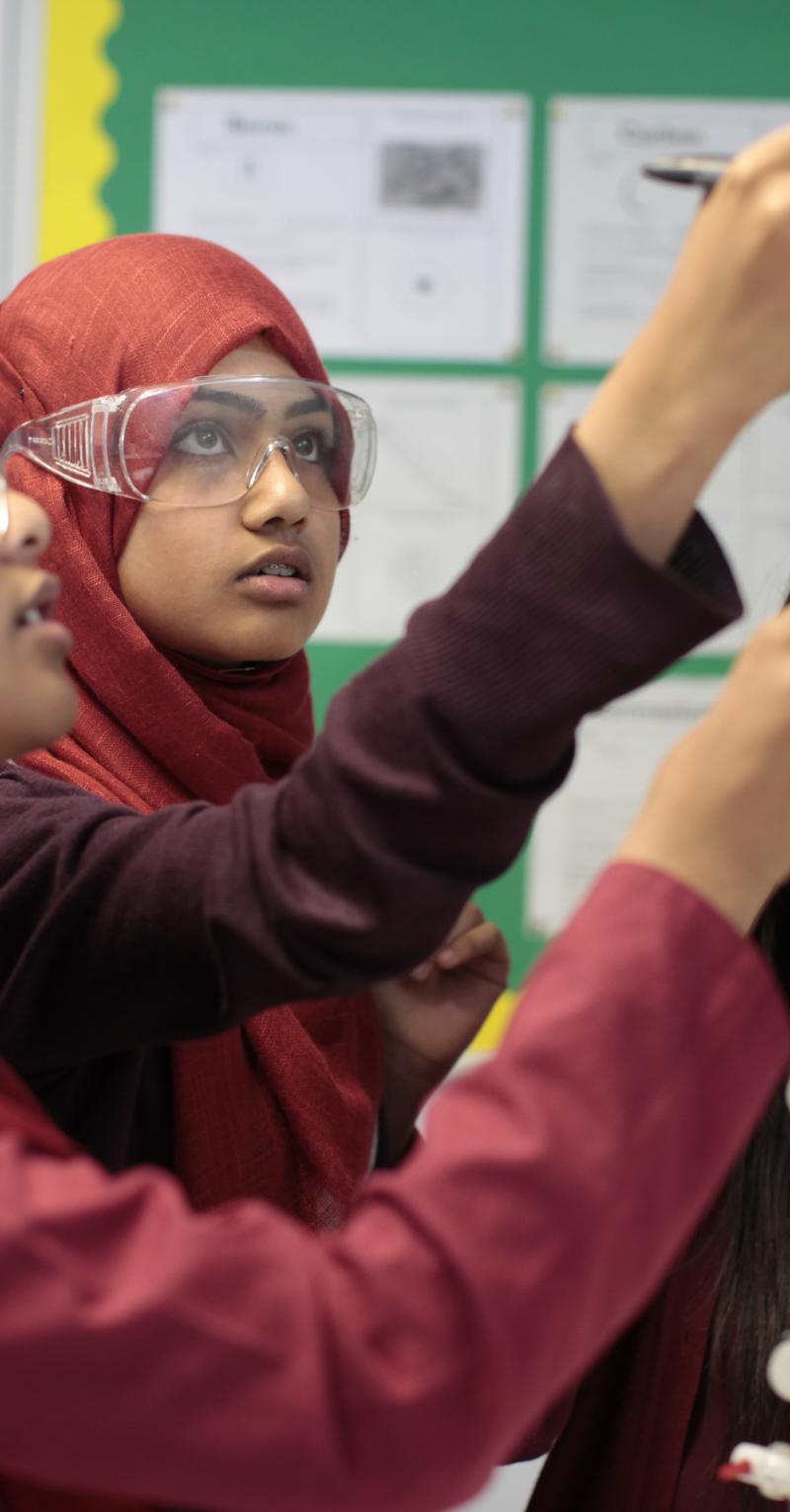Resources
Everyone has a role to play in supporting girls to become empowered, access education for better life outcomes, and thrive. Teach For All is committed to supporting the global network to identify and address the barriers that keep girls from learning and fulfilling their potential through our Girls’ Education initiative. Learn more about gender equity, the issues facing girls around the world, and more in this curated library of resources:
Girls' Education
Explore SEL (Social-Emotional Learning)
Tools and resources by Harvard University that explore and compare social-emotional learning (SEL) and non-academic frameworks and skills to build a broader and deeper understanding of the field and support transparency and informed decision-making.
Girls' Education
Arman Rahmatullah on the Afghani Context of Girls' Education at the 2019 Teach For All Global Conference
This video clip features Arman Rahmatullah, CEO of Teach For Afghanistan, providing an in-depth look into the challenges around teaching girls in his country. He gives powerful examples of how Teach For Afghanistan has made traction despite the odds.
Girls' Education
Full Force: Why the World Works Better When Girls Go to School
A report by the Malala Fund that shares research on girls' education, presents new data on the transition from school to the workforce, and outlines recommendations for the G20 to ensure all girls have the skills they need for the future of work.
Girls' Education
Math Looks the Same in the Brains of Boys and Girls, Study Finds
An article debunking myths that boys and girls start out with different cognitive abilities in mathematics. The finding challenges the idea that more boys end up in STEM fields because they are inherently better at the sort of thinking they require.

